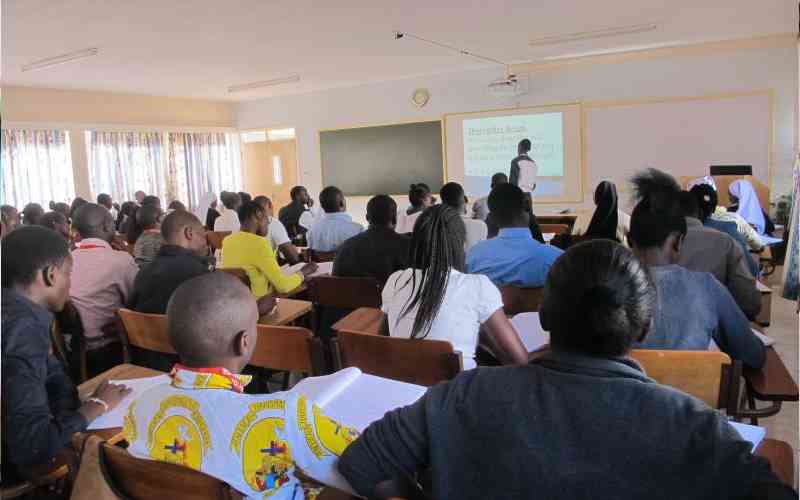
The implementation of the Competency-Based Curriculum (CBC) is underway although with hiccups. Whereas it began at the lower levels, it is expected to be escalated to higher levels as Competency-Based Education (CBE). So far, technical and vocational education centres are on course. Unfortunately, most universities are implementing CBE in shadowy ways.
The way to gauge whether CBE is taking shape is by looking at how Schools of Education in various universities are doing in terms of entrenching the new approach to educating. I choose to zero in on these schools since they develop teachers who in turn teach in institutions of basic education, institutions that develop foundational competencies that enable further training in whichever discipline.